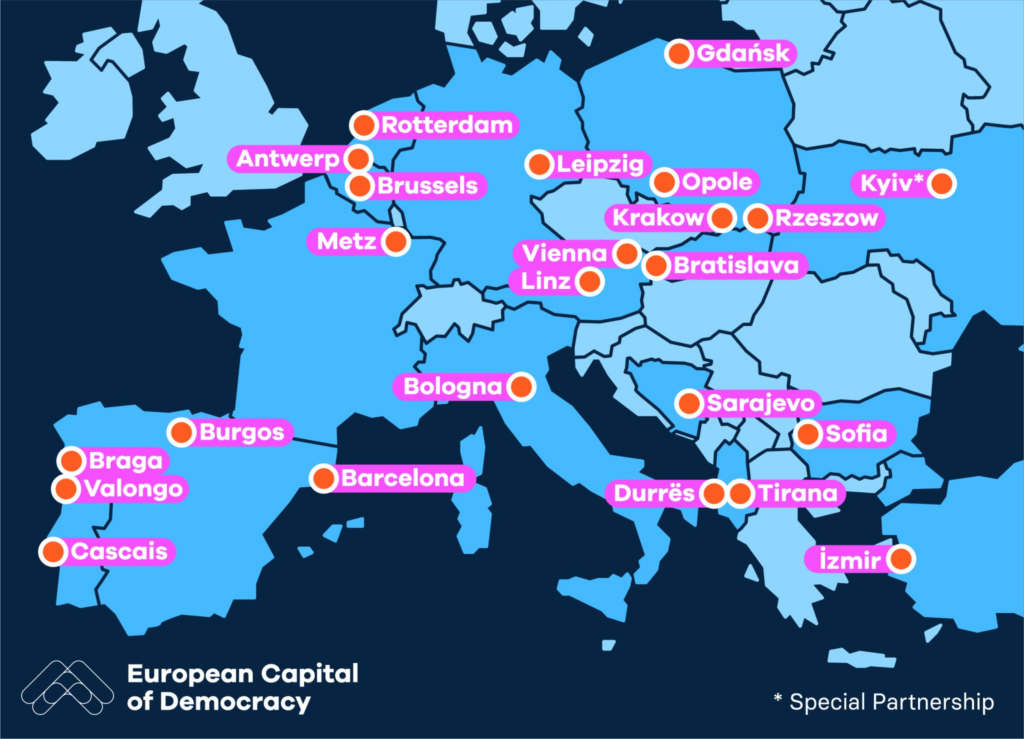As we step into 2025, we reflect on 2024—a year marked by significant achievements—and look ahead to an exciting journey focused on advancing local democracy and promoting good governance, in Europe and beyond. ALDA’s journey within the Citizens, Equality, Rights, and Values (CERV) Programme has been nothing short of impactful. Since 2021, ALDA implemented 15 CERV Projects, together with 117 Partners across 27 Countries, reaching over 3 Million people, for a total of €2,293,297 in EU Funding. The CERV Programme addresses critical issues like equality, rights, and democratic values—the foundation of a thriving European society. ALDA is proud to be a beneficiary, working to support citizens, civil society organisations, and public authorities in creating a more inclusive and cohesive Europe. In 2024, a significant part of our work was made possible thanks to the CERV Operating Grant. The CERV programme recognises ALDA’s activities as vital for defending and advancing EU values across Europe. Through a triennial Framework Agreement, we are among the organisations benefiting from this grant. This support has enabled us, for the second consecutive year, to implement a regranting scheme that finances 11 projects proposed by ALDA members, aimed at promoting civic engagement, the European Parliament Elections, and EU values across Europe.
In 2025, ALDA wants to keep inspiring members and partners to strengthen democracy and will be happy to support them in benefiting from funding opportunities and implement impactful projects in their community.
We encourage interested entities to consult the website at this link: europa.eu/cerv-programme
In 2025, we will further strengthen the ALDA Community, a network of diverse entities—including Local Democracy Agencies (LDAs), ALDA Balkans, ALDA Moldova, ALDA+, ALDA Italia—all working together to foster local democracy, good governance, and citizen engagement across the globe.
Local Democracy Agencies (LDAs): LDAs are locally registered NGOs, established in partnership with ALDA and committed to the statutes of LDAs as registered at the Congress of Local Authorities of the Council of Europe. While they are independent entities, LDAs maintain strong ties with ALDA through their shared mission of promoting local democracy, citizen participation, and good governance in their respective territories.
ALDA Balkans and ALDA Moldova: These are regional and national branches of ALDA, strategically positioned to address the specific needs and contexts of their regions. ALDA Balkans covers activities in South-East Europe, ensuring a robust presence in the region, while ALDA Moldova focuses on strengthening local governance and democracy within Moldova.
Since 2017, ALDA+ has been ALDA’s Benefit Corporation, specialising in technical assistance, project development, training, and consultancy. As a daughter company of ALDA, ALDA+ provides tailor-made services, supporting local authorities, civil society organisations, and other stakeholders with expertise in project implementation and capacity building. Explore how ALDA+ can support your initiatives with its expertise!
ALDA Italia: As a branch of ALDA, ALDA Italia operates at the national level, enhancing ALDA’s ability to address Italian-specific issues while connecting them to broader European and international efforts.
In 2024, we also expanded our outreach to Spanish-speaking regions. The ALDA Newsletter is now available in Spanish, helping us connect more effectively and share updates, insights, and impactful stories with a wider audience. Additionally, ALDA hosted its Annual General Assembly 2024 in Barcelona, where a new network partnership was launched in South America with the support of Diputació de Barcelona (#ALDAMember). Subscribe to our newsletter, now available in 11 languages!
With 69 active projects, including 9 new, we addressed critical challenges in areas such as youth empowerment, gender equality, climate action, and migration. ALDA’s Thematic Hubs serve as knowledge centers, bringing together expertise, best practices, and targeted initiatives to address pressing challenges. Each hub focuses on a specific theme, enhancing ALDA’s capacity to support local communities, civil society organisations, and public authorities in tackling societal issues.
- Gender, Inclusion, and Human Rights Hub
- This hub promotes equity, inclusivity, and diversity in line with ALDA’s Gender Equality and Anti-Discrimination Policy. It supports stakeholders in implementing inclusive communication strategies, addressing gender disparities, and fostering the participation of marginalized groups in local governance.
- Environment and Climate Action Hub
- Focused on sustainability and resilience, this hub addresses climate change challenges at the local level. It provides technical support and fosters innovative projects that engage communities in climate action.
- Migration Hub
- This hub explores innovative solutions for migrant inclusion and integration, building on projects promoting decentralised approaches to migration, inspired by successful practices in small and medium-sized towns and emphasising local governance’s role in upholding human rights.
- Civic Engagement Hub
- ALDA champions active citizenship and participatory democracy through this hub. In 2024 11 ALDA-funded regranting projects focused on the European Parliament Elections and fostering civic engagement across Europe. Workshops and events encouraged local and regional authorities to embrace citizen participation as a core principle of governance while partnerships strengthened advocacy efforts, ensuring citizens’ voices are heard at all levels.
- Youth Empowerment and Education Hub
- This hub emphasizes the role of digital tools and e-governance in enhancing transparency, accountability, and civic engagement.
- Territorial Development Hub
- The Thematic Hub on territorial and local development serves as a knowledge nucleus, fostering collaboration and innovative solutions for empowered and thriving communities. Territorial and local development are the cornerstones of democracy, as they empower citizens to actively engage in decision-making, foster social cohesion, and ensure equitable opportunities. By decentralising power and promoting community involvement, local development strengthens the foundations of a thriving democratic society.
- Digital and Innovation Hub
- This hub emphasises the role of digital tools and e-governance in enhancing transparency, accountability, and civic engagement.
In line with our commitment to inclusivity and evolving perspectives, we are excited to announce a new name for one of our geographical departments. Formerly known as the “Middle East & Africa” (MEA) Department, it will now be called ASWAT: Africa, SouthWest Asia, and Türkiye. Discover more about this change and its significance!
In 2024, ALDA also proudly participated in the 5th Forum de la Démocratie Participative en Afrique (FIDEPA) in Cotonou, Benin. This visit, coinciding with the African Day for Decentralisation and Local Democracy, highlighted the importance of empowering local communities. With Dakar set to host the next edition in 2025, the journey towards advancing participatory democracy across Africa continues.
2024 being the year of elections, most of the countries where ALDA is active also underwent political changes, including at the local level. Through the WE ACT project in Türkiye we could support women candidates running for local elections throughout the whole country: among our beneficiaries, one woman in three was elected as either neighbourhood representative or municipal councillor.
Thanks to our dedicated partners and supporters, 2024 marked a year of significant growth and accomplishments for ALDA.
The expansion of our network in Ukraine was a notable highlight, with more than 30 members from Ukraine now and with the establishment of two new Local Democracy Agencies (LDAs) in Kharkiv and Vinnytsia (opened in 2024) and the signature of the expression of interest to open an LDA in Ovruch. 2025 will be even more crucial for ALDA as we will support the Italian Ministry of Foreign Affairs in its efforts to coordinate the voice of local authorities for the Ukraine Recovery Conference to be held in Rome in July 2025. This event will focus on supporting Ukraine’s recovery and future development towards European integration and the strengthening of democratic values. In addition to this important contribution, we are aiming at opening 5 new LDAs which represent a crucial step forward in fostering local democracy, civic engagement, and resilience in the region, particularly in light of ongoing challenges.
In 2024 we also celebrated a major milestone: the 20th anniversary of LDA Mostar, a testimony of two decades of impactful work promoting democracy and local development in the Balkans.
Our pilot ALDA Summer School 2024 on Local Democracy was a great success, fostering collaboration and equipping participants with the tools to enhance local governance. This year, we are excited to announce that the ALDA International School in 2025 will be held from 3 to 5 September, 2025, in Villa Fabris (Thiene, Italy) and it will be an opportunity to focus on research and dialogue on local democracy aimed at educating future local governance leaders. In 2024, ALDA established a Scientific Committee to oversee and guide the activities of this second edition, ensuring its programs reflect cutting-edge research, innovation, and best practices in local democracy, governance, and civic engagement. This initiative marks a significant step in enhancing the school’s impact as a hub for knowledge-sharing and capacity-building.
With 2025 on the horizon, we remain committed to empowering communities and building resilient democracies. Stay tuned for more inspiring projects, success stories, and new opportunities. Does your organisation work in the field of local democracy, good governance and citizen engagement? Become an #ALDAMember and unlock a world of opportunities!

 Who can be a beneficiary?
Who can be a beneficiary?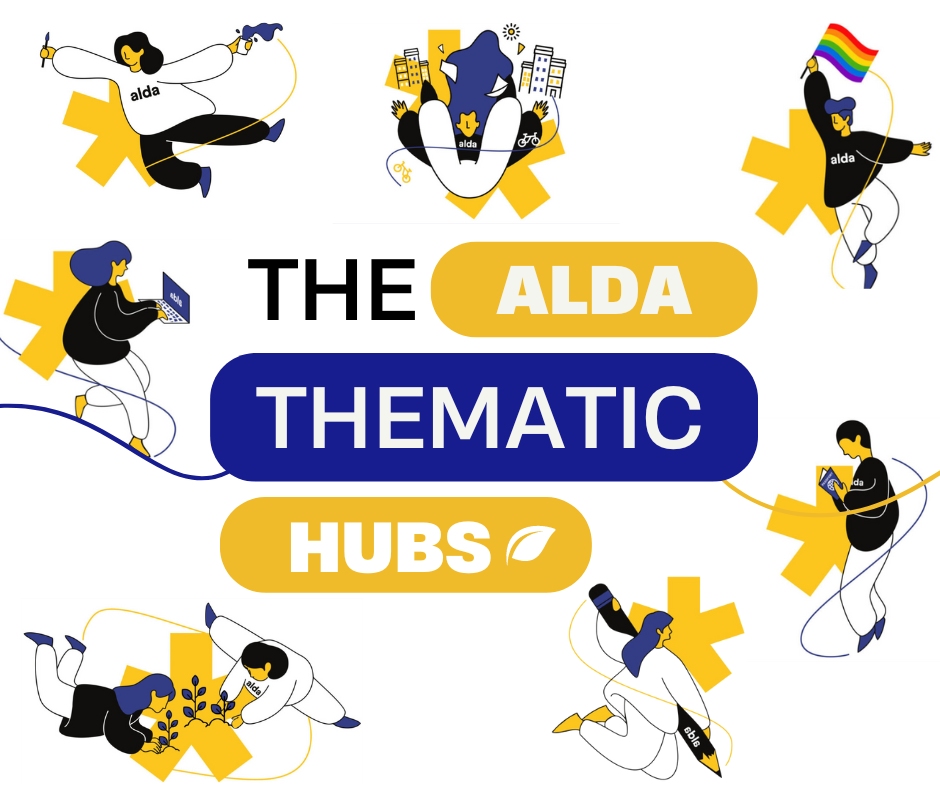
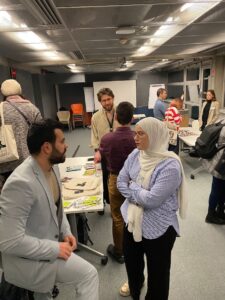


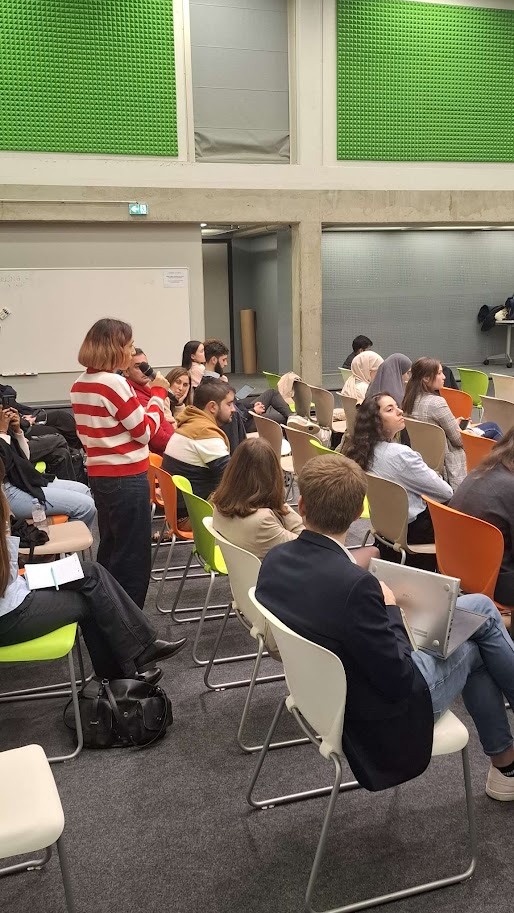


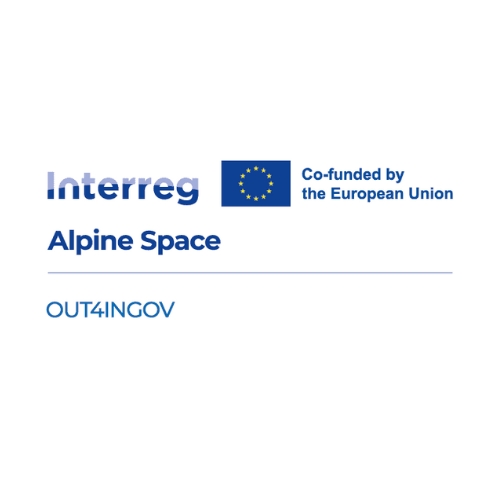
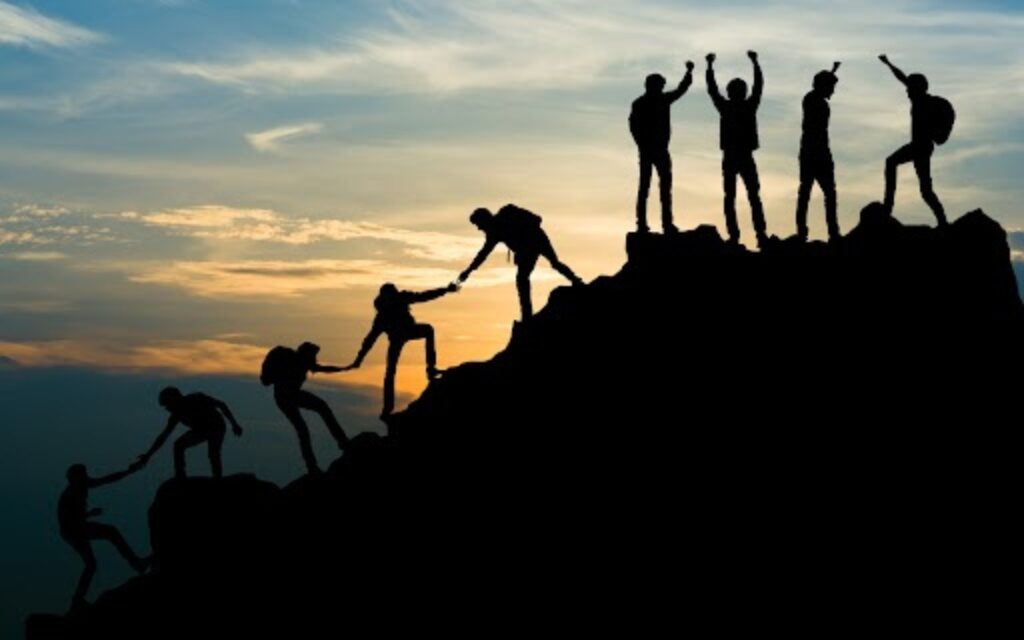
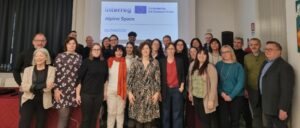
 For more information, contact nadia@alda-europe.eu
For more information, contact nadia@alda-europe.eu  Learn more about ALDA and upcoming training sessions:
Learn more about ALDA and upcoming training sessions: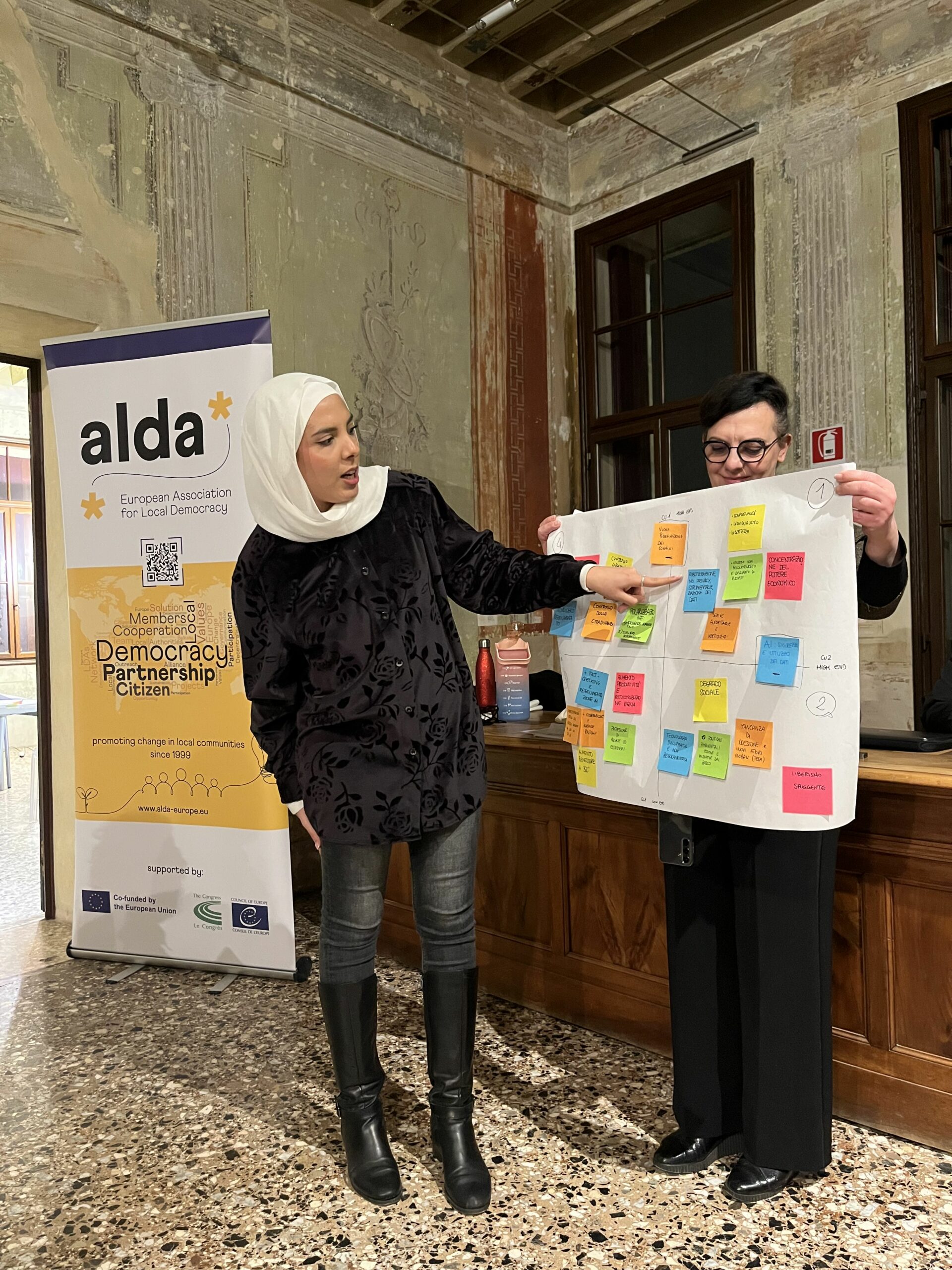
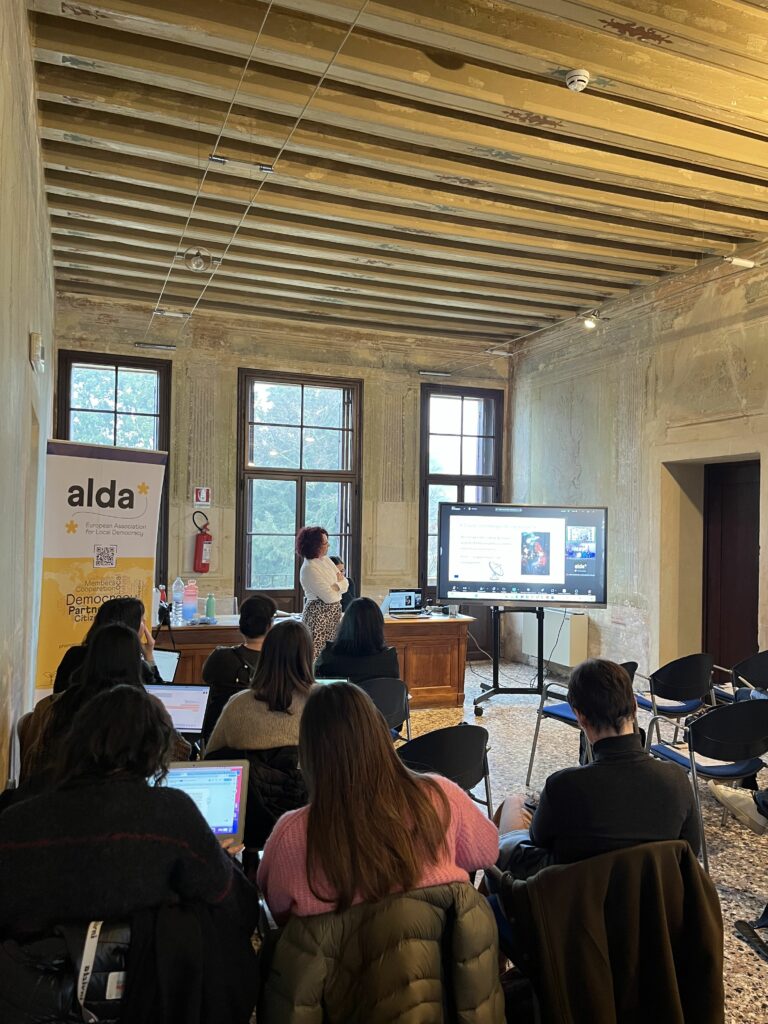
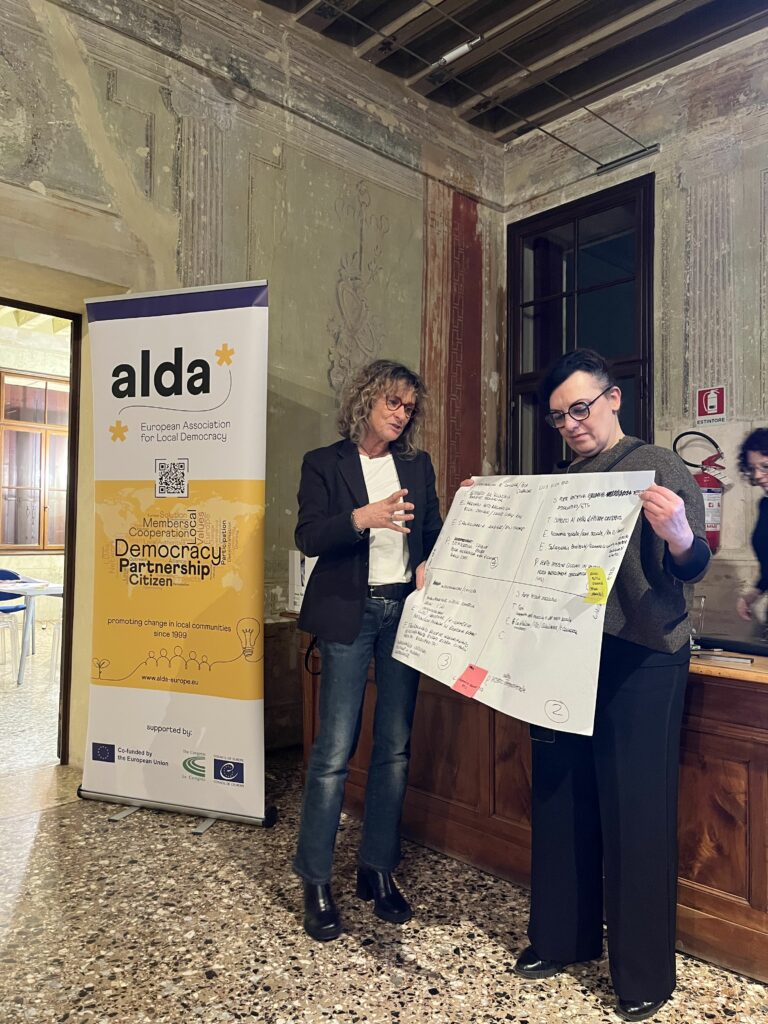
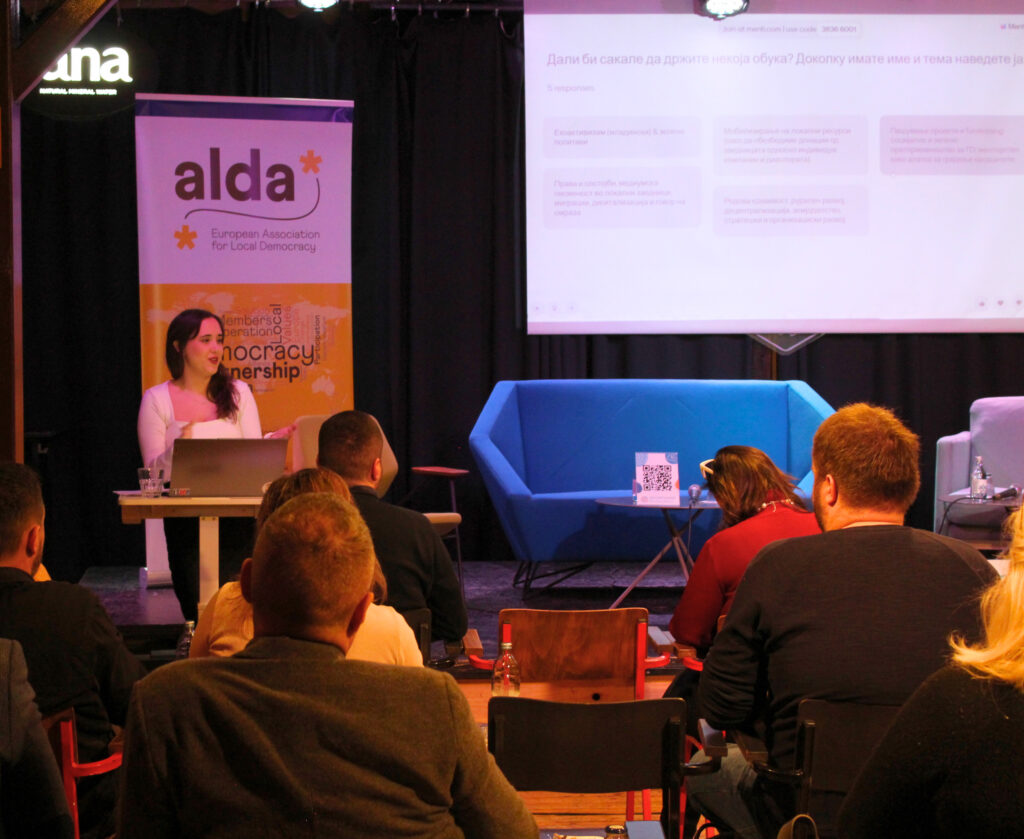
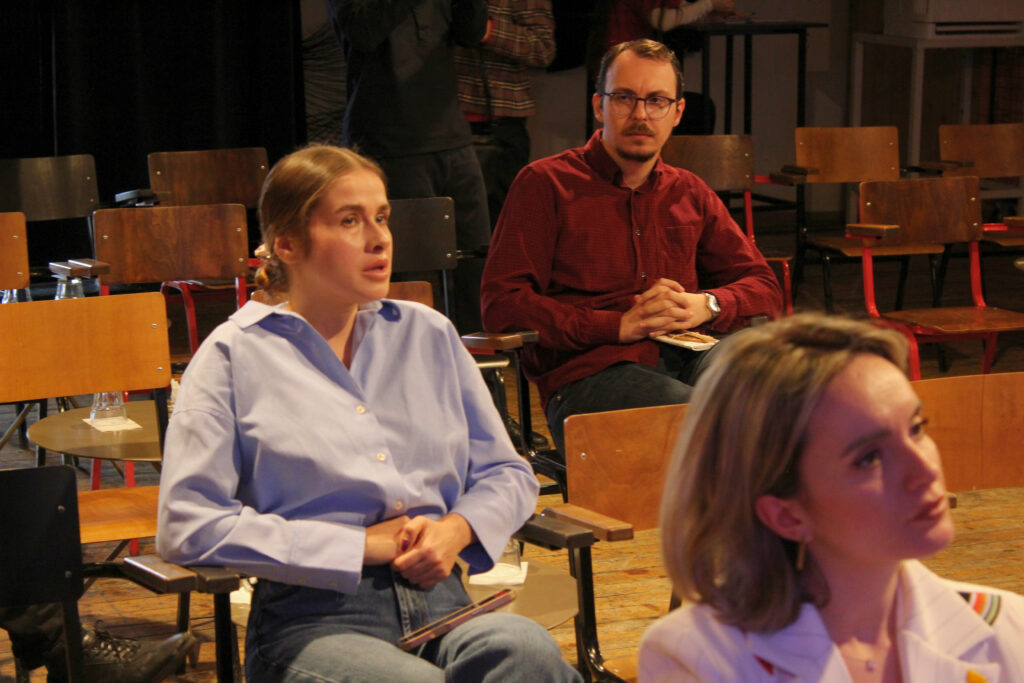
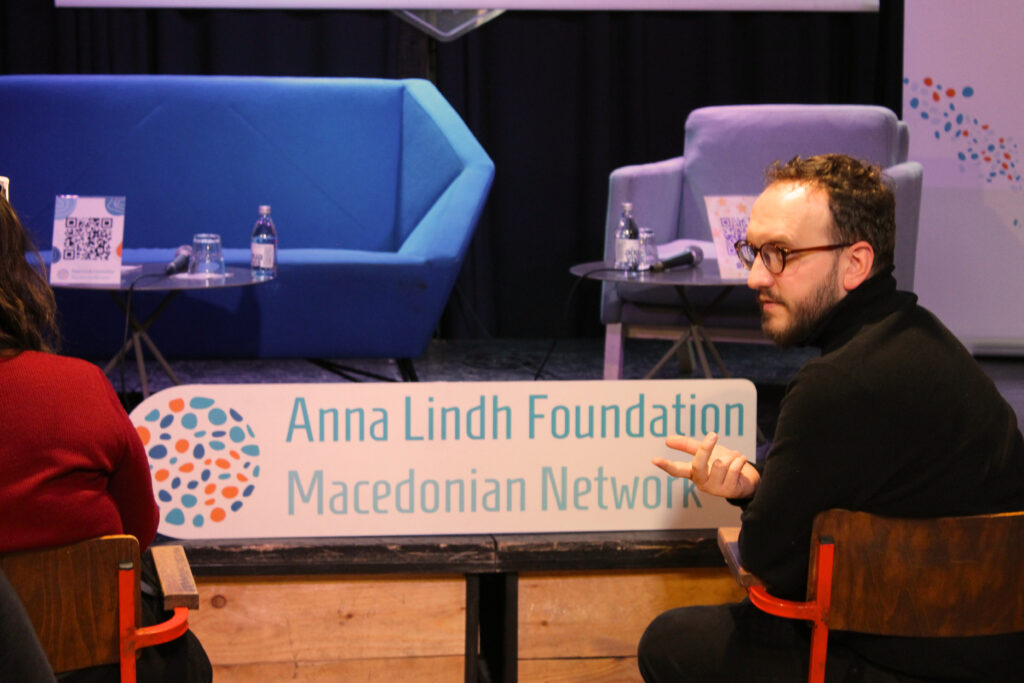
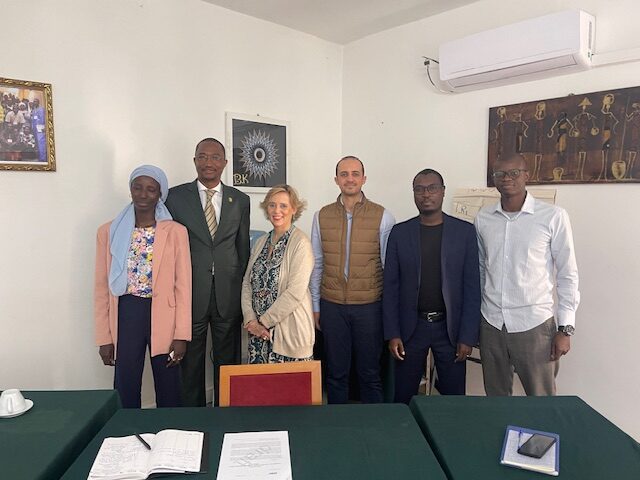
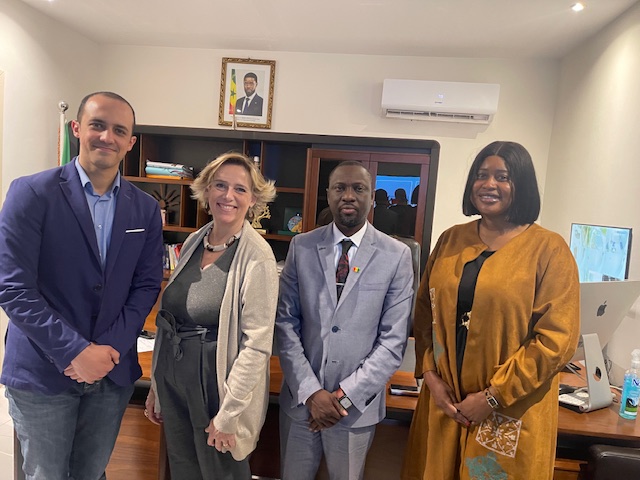

 Visit our website:
Visit our website:  Follow us on Facebook:
Follow us on Facebook: 